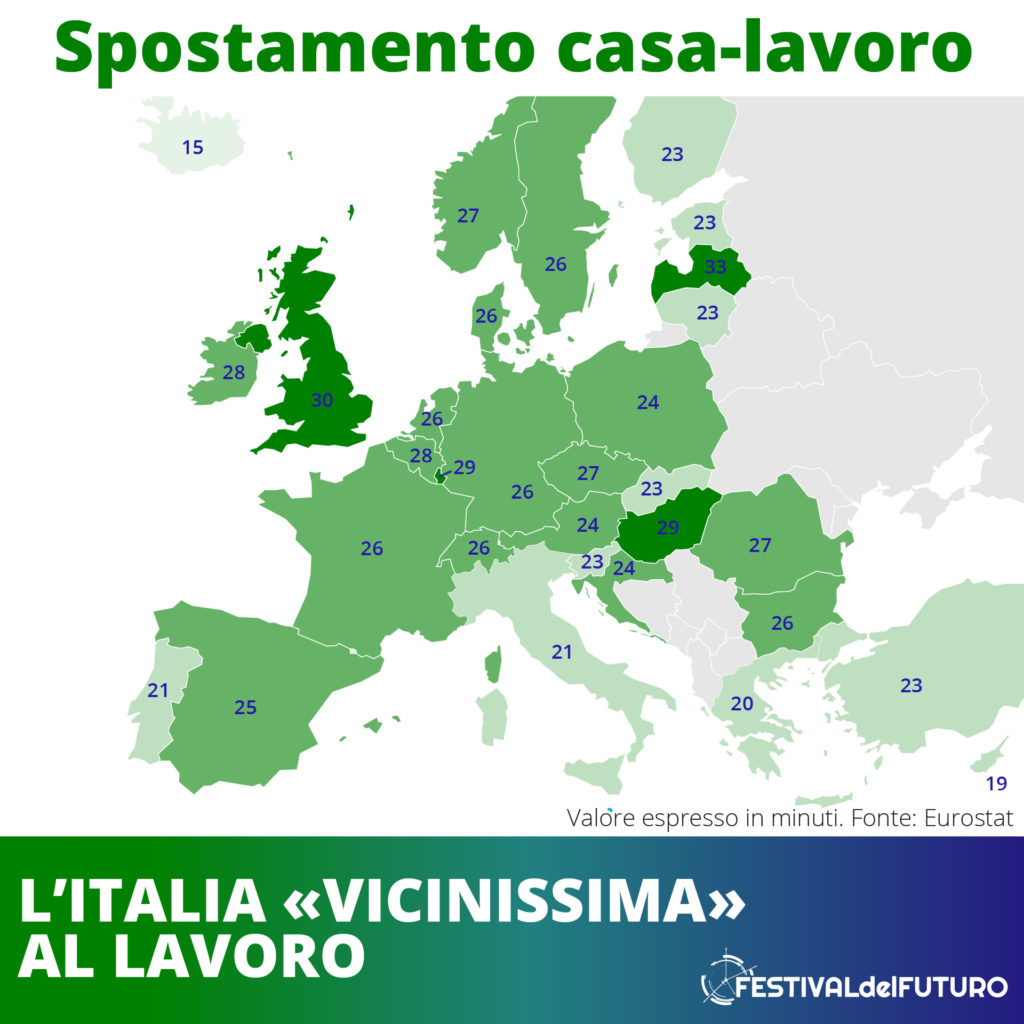
Flying cars, air taxis or more simply drones that, instead of transporting goods, move people from point A to point B. In the latest CES in Las Vegas, held online due to a pandemic, the Japanese company SkyDrive has announced that the sale of its first products is planned by 2023. The company has already tested his SD-03 successfully, taking it off with a pilot on board last summer with a flight that lasted just over 2 minutes. "We want to create a society in which flying cars are an accessible and convenient means of transport in the skies and that people can experience a new safe and comfortable lifestyle", the words of the CEO of the company. Tomohiro Fukuzawa. In a context revolutionized by the coronavirus and the new habits of smart working, will air transport of this type be only a toy for the rich, or will it serve a large number of users?
Vertiporti: the opportunities
Perhaps it is still early to answer. What is certain, however, is the commitment of the corporate on this sector of the mobility: from the United States to Asia passing through Europe and Italy, there are several companies that work on air taxis and on the vertiports of the future, collecting financing from venture capital funds. Less than a year ago, in Germany, the startup Lilium closed a $ 35 million capital increase to get its drones designed for the commuters of the future off the ground. The cities, we see it in recent months, will not become depopulated, but the habits of home working and smart working could push workers and professionals to find a home in the suburbs and go to the office only when necessary. "There is a huge opportunity for us to shorten this journey - said the CEO of Lilium, Remo Gerber - a two-hour train journey could only take 20 minutes by plane ”. In the United States, meanwhile, it is Los Angeles the city that is about to build a network of vertiport to get the first flying taxis off by 2024.

SkyGate, Turin leads the way
In ecological transition no longer postponable, these futuristic means would go alongside the more traditional ones means public with which people move to the main urban centers. From the most affordable opportunities such as that ofbike-train intermodality to the more futuristic ones of the vertiporti, the red thread that connects everything is the need to reduce the use of private means, the car, for choose more eco-sustainable alternatives. In Turin, a few months ago, it was launched SkyGate, the first Italian vertiport that will also act as an accelerator for startups. Promoted by the Always holding company and the subsidiary DigiSky, this initiative is pioneering in our country and, as stated Carlo Caiaffa, president of Always, the challenge "is to make SkyGate one of the first international research and development centers for vertical mobility of the third millennium".
Ecological transition: habits to change
If in logistics the most important challenge is that oflast mile - with electric vehicles to be implemented and lockers to be installed on the territory to avoid the fragmentation of deliveries - well in commuting one of the knots to be solved also concerns a greater awareness on the part of people. There ecological transition it will not come only thanks to public and private investments, but also through a change in the habits of individuals. Much can be done about this. If you look at the average minutes it takes commuters to get to work, Italy is among the European countries closer to the office: 21 minutes is the national average (in France is 26 minutes, in UK half an hour) required for people to leave the house and arrive at the office. Yet theprivate car it still remains the preferred means of transport. While waiting to understand what the future of mobility will be like, it is clear that with one vertical network the goal is to reduce the number of cars on the road.
Alessandro Di Stefano






